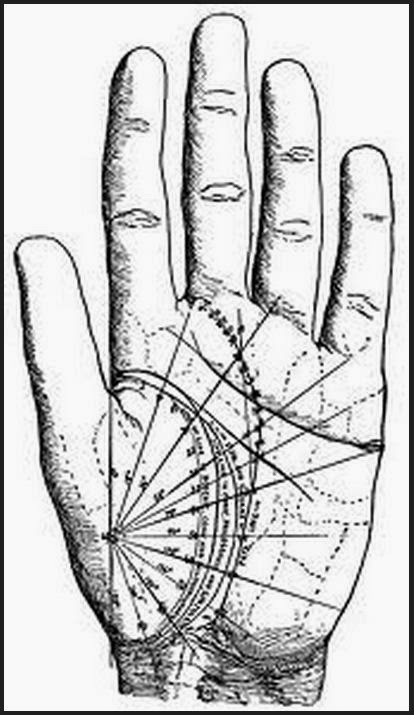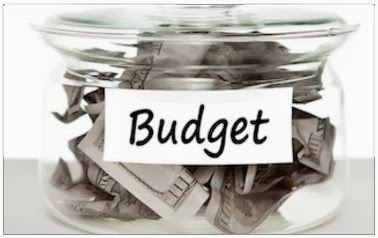Many are the times I
have heard the popular myth that cats have nine lives. If that were possible,
it would have been nice for the most pure hearted humans to be granted the nine
lives instead. As the saying goes, ‘the good die young’. Unfortunately, the nine lives story is but
just a myth or even wishful thinking. If it were true, who keeps count? Cats
and nine lives aside, every year on January 13th we make it yet
another year since my father died and since last week on the 13th, my
mind has been musing over death.
If you have read the
book “the stoning of Soraya M”, you’d agree with me that it portrays
a very difficult reality. It is more difficult to comprehend, when you see the
graphic images of Soraya’s stoning in the movie of the same title.
What really catches
my attention is not really the brutality with which Soraya’s execution was carried
out. It is not the subject of the eligibility or morality of sharia law. It is
not the subject of the extent to which family should stand by one another in
times of adversity. It is not even the issue of loyalty to marriage vows or the
lack of it for a husband to go as far as framing his wife in order to have her out
of his way, to the extent of having her executed. What catches my attention is
Soraya’s reaction to the whole ordeal.
Facing the prospect
of a public execution by stoning, Soraya gives two reactions I took note of.
- She shows her selflessness by putting the feeling and
reactions of her children ahead of those of her own or any impending pain.
- She declares she is not afraid of death, but of dying.
In her second
reaction, as she is being led to the
‘stoning square’, her aunt stops and looks into her eyes and asks, “Soraya, are you afraid?”
After a pause and
some brief silence, Soraya responds and says, “I am not afraid of death, I am afraid of dying.” Soraya concludes,
“I am afraid of the pain of my death, the
pain from the stones, but I am at peace with myself and my God.”
 |
| Is life this peaceful on the other side? |
Not Afraid of death
but dying:
Recently the prospect
of facing death has crossed my mind a couple of times. Musing over death when
not a preoccupation, is not melancholic but prudential. I have come to accept death
as an inevitability that eventually catches up with everyone young, old,
African, European, Asian, Caucasian etc. I choose not to live in denial of
death’s inevitability. I am not afraid of death. This helps me focus on the
present to enjoy moments I spend with others and of course plan for life after
the curtain has closed. Musing over death helps to remind me of my obligations
to prepare for life after death. Like Soraya I am not afraid of death, but
afraid to die.
In the words from
Ecclesiastes, ‘there is a time to be born and a time to die.’ Despite its
inevitability, no one truly prepares for death. Financial planning that may
include life insurance or a will can never truly replace one’s existence. How
does a wife suddenly move on after her husband passes on? How does a daughter
or a son move on after the passing of a parent? I am not afraid of death but am
afraid of dying because of those I will leave behind when I am gone.
Death is too
important to ignore, yet that is what happens all too often, at great cost to
society especially family left behind. As I muse over death I find myself not
afraid for myself but those that I may leave behind.
How I miss my father
The greatest fear I
have of dying comes when I think of the pain my family would go through. Yes
they say time eventually heals all wounds and everyone moves on, but it is also
true that some wounds leave marks that last forever. The thought of dying and
leaving my wife, son, mother, sisters and all other friends and family is not a
pleasant one. My experience tells me it is extremely a difficulty place to be.
My own father died when I was just about 8years old and even though this is not
a subject I discuss every day, I really miss him. God I really missed him all
those years and I still miss him. He went away before I even knew who he really
was and what he stood for. I remember him as a passionate soft spoken and
humble man. I have a few memories of him but because I was too young, some of
them are blurred. One incidence though stands out as my recollections of the incident
are still vivid to this day.
Nature and Wildlife
management/protection were very much a big part of my father’s work and spare
time activity. So on that particular day he was to travel for some hunting trip
to Liuwa National Park in the Western province of Zambia. As young as I was
then, my sixth sense communicated to me that he was to leave for a considerable
number of days. The truth is I wanted to go with him, but, a hunting trip is
not one where toddlers accompany their parents. But because I was determined, I
hid in his car and my presence was only discovered after he had driven a
substantial distance. At that point his main concern was to catch up with the
rest of his hunting party so he decided to drive on.
Most African parents
of my time would have spanked their child for such a prank, but my dad saw this
as bonding time between father and son. That trip would turn to be the first
time I set my eyes on the Zambezi and Luanginga rivers. We went through Libonda
pontoon and then deep into the Barotse flood plain. I was left at Siliya
Village, the place of my mother’s birth while he went ahead for his hunting escapades.
Two days later he would come to pick me up and we returned home to Mongu.
For me this was top
notch fun, even though the whole journey back home my mind was preoccupied with
thoughts of the type of welcome – or is it wrath that would befall me from my
mother. Mine was a stupid stunt.
That stunt and many
other few incidences and memories of my dad are vividly replayed in my mind
every time it’s 13th January the day my father died. If you haven’t
lost your father at an age that I was at you wouldn’t really understand how I
missed the man while growing up. There would be times in primary school when
all the boys spoke of their fathers in many different ways I felt left out of
such conversations. Admitted, every human has got their own shortcomings, but I
never saw a man who was as revered even by his subordinates as my father was.
Perhaps all the years I was growing, I may have been looking for a father to
just hold my hand and be the warden in my life that walks me through life.
Even though I had
older brothers, brothers in law and even uncles to play the part of male parent
there were many moments when I needed my father with me. Am talking of my
father, and not a father figure, I needed my dad along the way. We all have jaundiced
memories of our parents. But nothing comes close to a perfect being like a
father is in his boy’s eyes. I see this in my son’s eyes. I am his hero and it
would crush him if I wasn’t there tomorrow. He expects that I know everything
and that I am the best at everything. He seeks answers for everything from me.
Maybe when he grows much older he will see the other side of me that says,
‘just human’.
 |
| Some Astrologers can read palms and claim to predict your path in life - including death! |
If I could
predict death
One
well known astrologer, Richard Houck, in his book Astrology of Death wrote
insightfully and intuitively on the topic of predicting death. However, he was
unable to accurately predict his own death. Using his own techniques he predicted
his demise to be in 2031, but he died of cancer in 2001.
The fact is whether I know exactly
when, does not matter as death will eventually come my way. Tomorrow I may not walk among you, I may not eat from the same table as
you, I may not drive on the same roads as you. Like many mortals before me, I
will have to succumb to the hand of death.
I am not
immortal, and this I will not pretend not to know.
As I live each day knowing not, when the breath of life will
depart from me, I periodically muse over my fate if every moment was the last
day of my earthly existence. Death is too important to ignore. Yet that is what
happens all too often, at great cost to society, to one dying, and to those
left behind.
It is certain that death is coming – I
do not need to know when that moment will arrive. At every moment I have
the opportunity to make choices to love my family so that when am gone they
have rich memories of our times together. I have an opportunity to make choices
to be helpful to my community. Jesus of Nazareth identified the goal of human existence as life
abundant.

